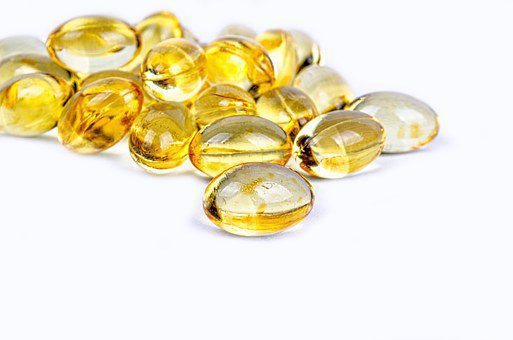Have you been for your annual physical at your doctor’s office lately? If you are like so many others living in the northern latitudes, you may find out that you are vitamin D deficient. An annual blood test can quickly show by just how much you lack this needed vitamin, but how you should solve this issue is still up for debate in the medical community.
What is Vitamin D and Why Do We Need It?
According to the National Institutes of Health, vitamin D is a fat-soluble vitamin that is naturally present in a few foods, added to others, and available as a dietary supplement. It is also produced endogenously when ultraviolet rays from sunlight strike the skin and trigger vitamin D synthesis. Medical professionals are currently at odds as to the amounts needed and effectiveness of vitamin D supplements.

Vitamin D is one of the many nutrients our bodies need to stay healthy. It helps our bodies absorb calcium and keep bones strong and healthy. Vitamin D may also play a role in muscle function and the immune system.
The good news is that there are many studies that show that there are certain foods that are rich with vitamin D, and guess what our favorite food is that makes the list… Fish, of course!
Vitamin D in Foods
Even though only a few foods are fortified with significant amounts of vitamin D, you can still boost your sunshine vitamin intake through your diet. Here are our favorites.
Swordfish is a great choice for both flavor and vitamin D. Swordfish is available both fresh and frozen. This low-calorie billfish (3 ounces contains approximately 146 calories and 566 IU of vitamin D) is actually referred to as steak for its meaty texture. This fish is a favorite not just for its sweet flavor but also because it is quite versatile since it can be grilled, baked, broiled, and pan-roasted.

Salmon is another great choice for those with a vitamin D deficiency. It is a popular cold-water fish that is widely known for being an excellent source of heart-healthy omega-3 fatty acids, as well as protein, minerals, and vitamins – one being vitamin D (one serving, which is 3 ounces, contains 447 IU).
In addition to swordfish and salmon, halibut is a mild and light tasting fish that contains healthy doses of potassium, vitamin B-6, vitamin B-12, zinc, magnesium, and vitamin D, with about 200 IU in a 3-ounce serving.
Are you vitamin D deficient and looking for a way to get more in your diet? Drop us a line on our Facebook page or on our website.


